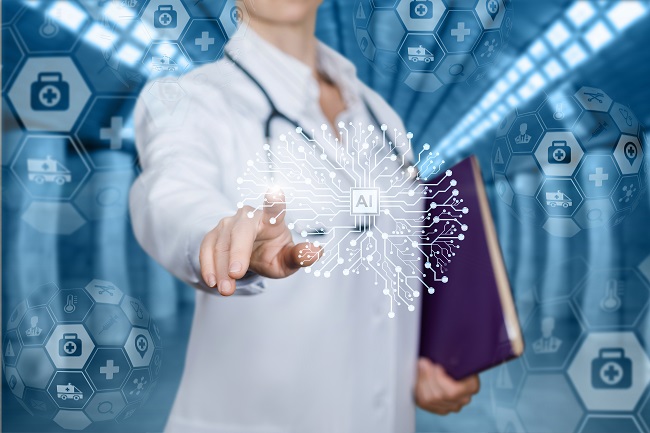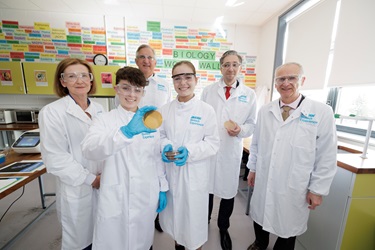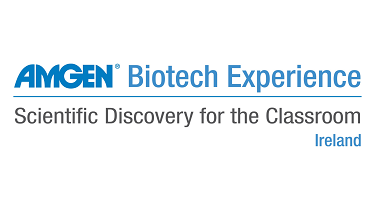The Promise & Perils of AI in Medicine

The 21st century is rapidly evolving into the century of data science with AI leading the way. Medicine and biomedical research are no exceptions. We can now produce more data than ever before, and the bottlenecks have shifted from data production to data interpretation. That especially applies to big and complex data sets such as omics data and images. AI promises solutions due to its ability to detect and classify hidden patterns in such data. In 2017, AI made headlines by diagnosing skin lesions with accuracy on par with human experts, but 24/7. Thus, tireless and high-throughput AI could solve our problem of the shortage of medical staff. Its remote availability also could relieve inadequacies to healthcare access in different regions of the world.
AI can diagnose conditions that humans cannot, e.g. predisposition to diabetes from retina scans, or gene expression from histopathological images. The next frontier will be omics data, such as genome sequences. Although we can read the full text of our genome, we currently only understand less than 10% of it. AI will help us decipher the semantics of genetic variations and their complex interactions that cause disease or preserve health. As every genome is unique, this type of analysis will be the key to precision medicine. For instance, Systems Biology Ireland at UCD is using AI and advanced computational modelling to construct ‘digital twins’ of cancer patients. These in silico avatars allow us to provide the best therapy for each individual patient, optimising treatment on the digital twin before we administer it – truly personalised medicine. Such personalised interventions pose new ethical challenges. AI is an X-ray of our molecular data. We need to safeguard against misuse and misguidance. AI can err, and if it does, it usually blunders severely. We need policies regulating both AI use and technological quality control. But, if used responsibly, AI will likely revolutionise medicine in this century like antibiotics did in the last.
This MiniBlog post was part of a larger article titled "AI: Friend or Foe," originally published in UCD Connections, the UCD Alumni Magazine, September 2023.

